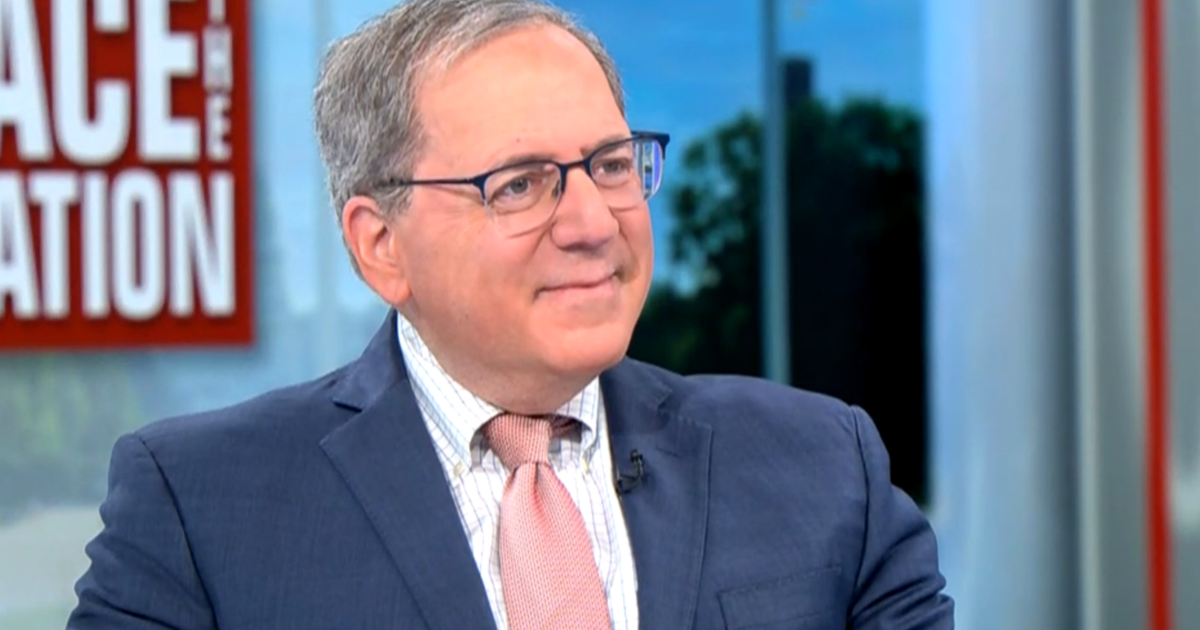Why Social Security isn't going broke
If you're worried about the long-term viability of Social Security, you're not alone. According to a recent report by the Transamerica Center for Retirement Studies, more than three-fourths (76 percent) of American workers fear that Social Security won't be there for them when they're ready to retire. This concern spans generations, expressed by 65 percent of baby boomers, 80 percent of Gen-Xers and 83 percent of millennials.
This fear that Social Security is going broke is misplaced, even though it's often fanned by headlines about the possibility that the program's trust fund will be exhausted by 2034. In reality, the Social Security trust fund is a supplemental source of funding, paying for about one-fourth of retirees' benefits. Most of current retirees' benefits are paid by the FICA taxes that today's workers pay to support the system.
Under current law, if the trust fund becomes exhausted, the total amount of benefits paid to retirees would need to be reduced to about three-quarters of current levels. While this would be a very disturbing result, you should understand that retirees wouldn't see their benefits go to zero. As long as current workers are paying taxes into the system, current retirees will receive at least a large portion of their expected benefits.
The scary headlines result from the "2018 Social Security Trustees Report" that was released in early June, which showed virtually no change in the program's long-term deficit. According to the report, the long-term actuarial deficit is 2.84 percent of payroll, compared to 2.83 percent in the 2017 report.
This means some combination of benefit adjustments and tax increases with a total value of 2.84 percent of worker's aggregate compensation could put the program into long-term actuarial balance. This is a doable goal, if our political leaders can find the will to reach acceptable compromises that address the system's funding problems.
The 2018 report also projects that the Social Security trust fund will be exhausted in 2034 if Congress doesn't act to shore up the system -- this is the same year as shown the 2017 report. The trouble is, we're now one year closer to this deadline with no solutions in sight. In addition, the latest trustees report said program costs are expected to exceed income in 2018, the first time that has happened since 1982. It means Social Security will dip into the trust fund to pay retiree benefits.
For a very good summary of the issues, see this brief prepared by the Boston College Center for Retirement Research. It discusses one important issue for the long-term security of the system: the declining U.S. fertility rate. Babies born today will someday become workers who'll support future retirees. Was the recent drop in births a lingering effect of the Great Recession, or is it a permanent shift that could worsen Social Security's finances?
Social Security is a very important part of workers' retirement security, typically delivering more than half of most retirees' total income -- it isn't a Ponzi scheme, as many people claim.
Given Congress' inaction so far to fix the system, it behooves all of us to become informed citizens and voters about Social Security's finances.




